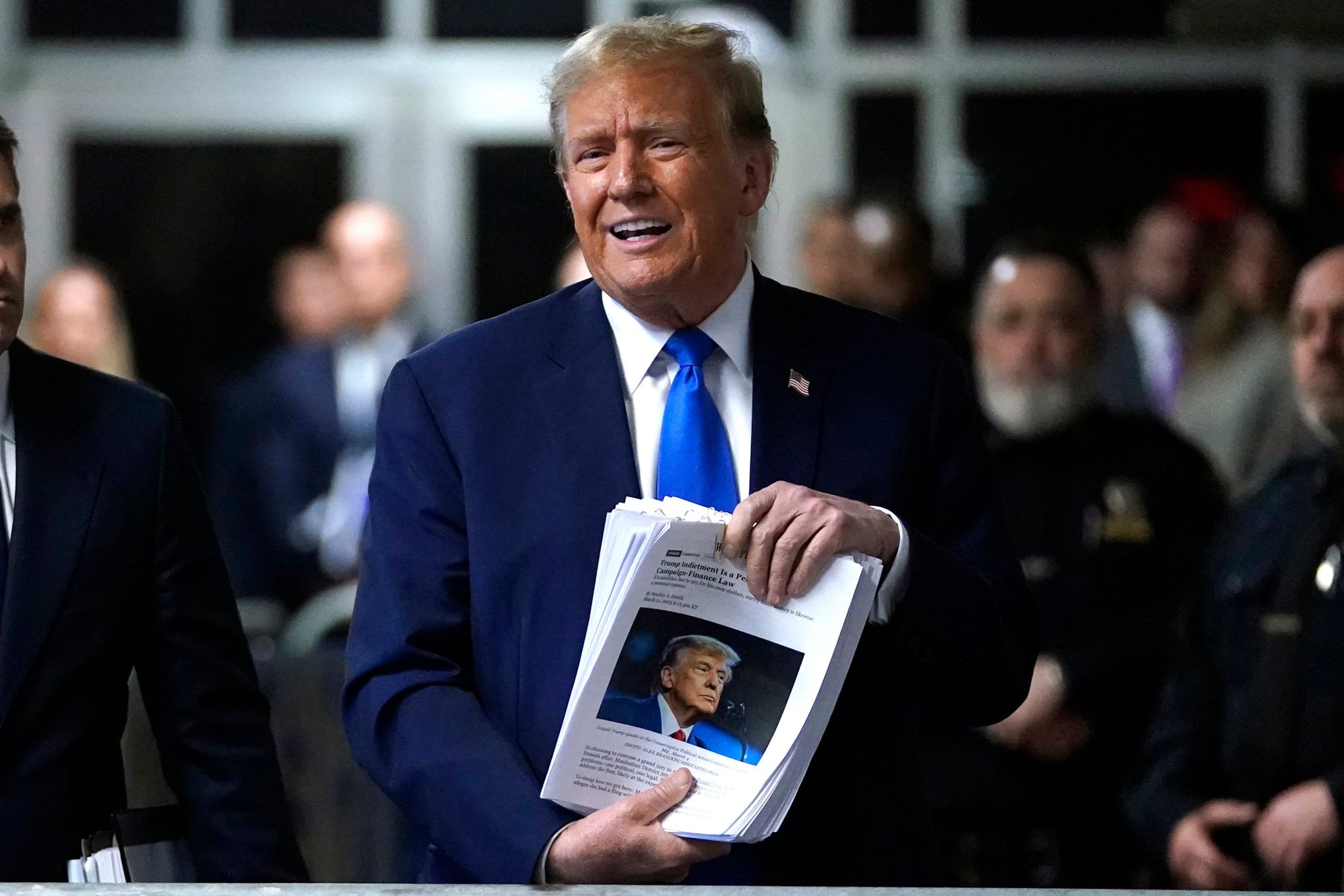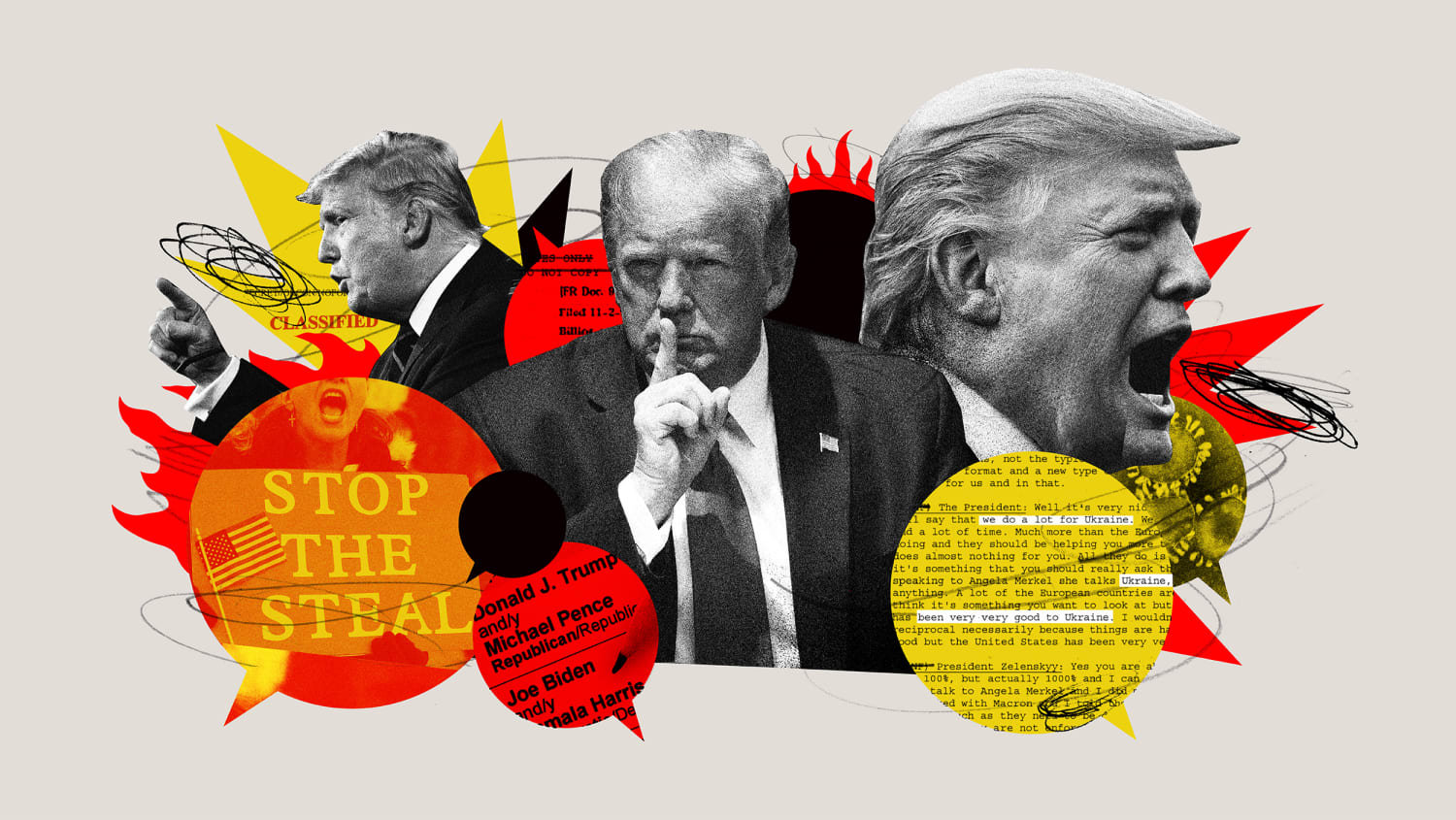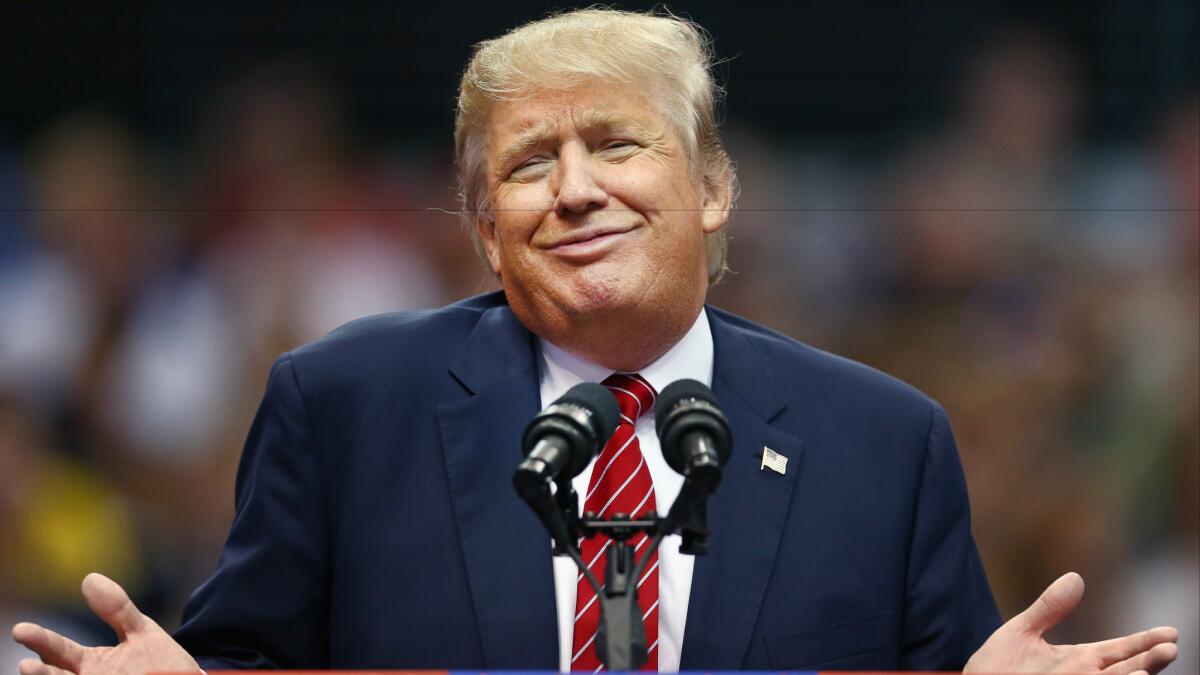 |
Biography of Donald Tramp |
A Complex Figure in American Politics - Donald Trump
Early Life and Business Career - Donald Trump
Donald John Trump was born on June 14, 1946, in Queens, New York City. He is the fourth of five children born to Fred Trump, a successful real estate developer. Trump attended the Wharton School of Finance at the University of Pennsylvania, where he studied economics. After graduation, he joined his father’s real estate business and eventually took over, expanding the company into Manhattan’s luxury real estate market.
Trump became a well-known figure in the 1980s and 1990s through his ventures in real estate, entertainment, and branding. His name became synonymous with luxury properties, casinos, hotels, and golf courses. He also became a pop culture figure, hosting the reality TV show The Apprentice, which aired from 2004 to 2015 and significantly boosted his public profile.
Political Rise and 2016 Presidential Election - Donald Trump
Trump entered the political arena in 2015 when he announced his candidacy for the Republican nomination for President of the United States. His campaign was built on populist themes, appealing to voters who felt disenfranchised by the political establishment. He positioned himself as an outsider, promising to "drain the swamp" of Washington insiders and fight for the "forgotten" working-class Americans.
Trump's platform focused on issues such as immigration reform, deregulation, tax cuts, and a more aggressive stance on trade, particularly with China. His slogan, "Make America Great Again," became the rallying cry for millions of supporters. Despite a crowded Republican primary field, Trump's unorthodox style, coupled with his ability to dominate media coverage, helped him secure the Republican nomination.
In the 2016 general election, Trump faced former Secretary of State Hillary Clinton. Despite trailing in many polls and being embroiled in controversies, including the release of the Access Hollywood tape, Trump won the Electoral College and thus the presidency, though he lost the popular vote by nearly 3 million votes. His victory shocked political pundits and marked a significant realignment within the Republican Party.
Presidency (2017-2021) - Donald Trump
Trump's presidency was marked by a series of bold and often divisive decisions. Some of his key policies and actions include:
- Tax Reform: Trump signed the Tax Cuts and Jobs Act into law in 2017, which reduced corporate tax rates and provided tax cuts for individuals, particularly high earners.
- Immigration: One of Trump's signature issues was immigration reform. He focused on building a wall along the U.S.-Mexico border, implementing travel bans from several predominantly Muslim countries, and tightening immigration laws.
- Deregulation: Trump aggressively pursued deregulation, rolling back environmental protections and regulations in industries such as energy and finance.
- Foreign Policy: His "America First" approach reshaped U.S. foreign policy. He pulled the U.S. out of the Paris Climate Accord, renegotiated NAFTA (resulting in the USMCA), and engaged in a trade war with China. His administration also focused on brokering peace deals in the Middle East, including the Abraham Accords, normalizing relations between Israel and several Arab nations.
- COVID-19 Response: The final year of Trump's presidency was dominated by the COVID-19 pandemic. His administration faced criticism for its handling of the crisis, particularly in terms of public health messaging and preparedness, though it also led the rapid development of vaccines under Operation Warp Speed.
Impeachments and Controversies - Donald Trump
Trump’s presidency was also marred by controversies and legal challenges. In 2019, he became the third president in U.S. history to be impeached, charged with abuse of power and obstruction of Congress over his dealings with Ukraine. He was acquitted by the Senate. In 2021, following the Capitol riot on January 6, Trump was impeached a second time for "incitement of insurrection," making him the only U.S. president to be impeached twice. Again, he was acquitted by the Senate.
Throughout his term, Trump faced significant opposition from the media and political opponents, leading to a highly charged and divisive political climate.
Post-Presidency and Ongoing Influence - Donald Tramp
 | |
|
In the years following his presidency, Trump has faced ongoing legal challenges, including investigations into his business practices and his role in the January 6th Capitol riot.
 |
| Biography of Donald Tramp |
Donald Trump's legacy is one of disruption and transformation. His presidency broke many of the norms of American politics and redefined the Republican Party. His appeal to populism and his willingness to challenge the status quo endeared him to millions of voters but also led to significant controversy and division. Whether admired or criticized, there is no denying Trump’s profound impact on U.S. politics, and his influence is likely to continue for years to come.


Donald Trump really complex Leader in Amrican Presidient History.
ReplyDelete